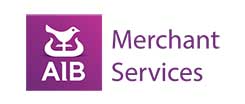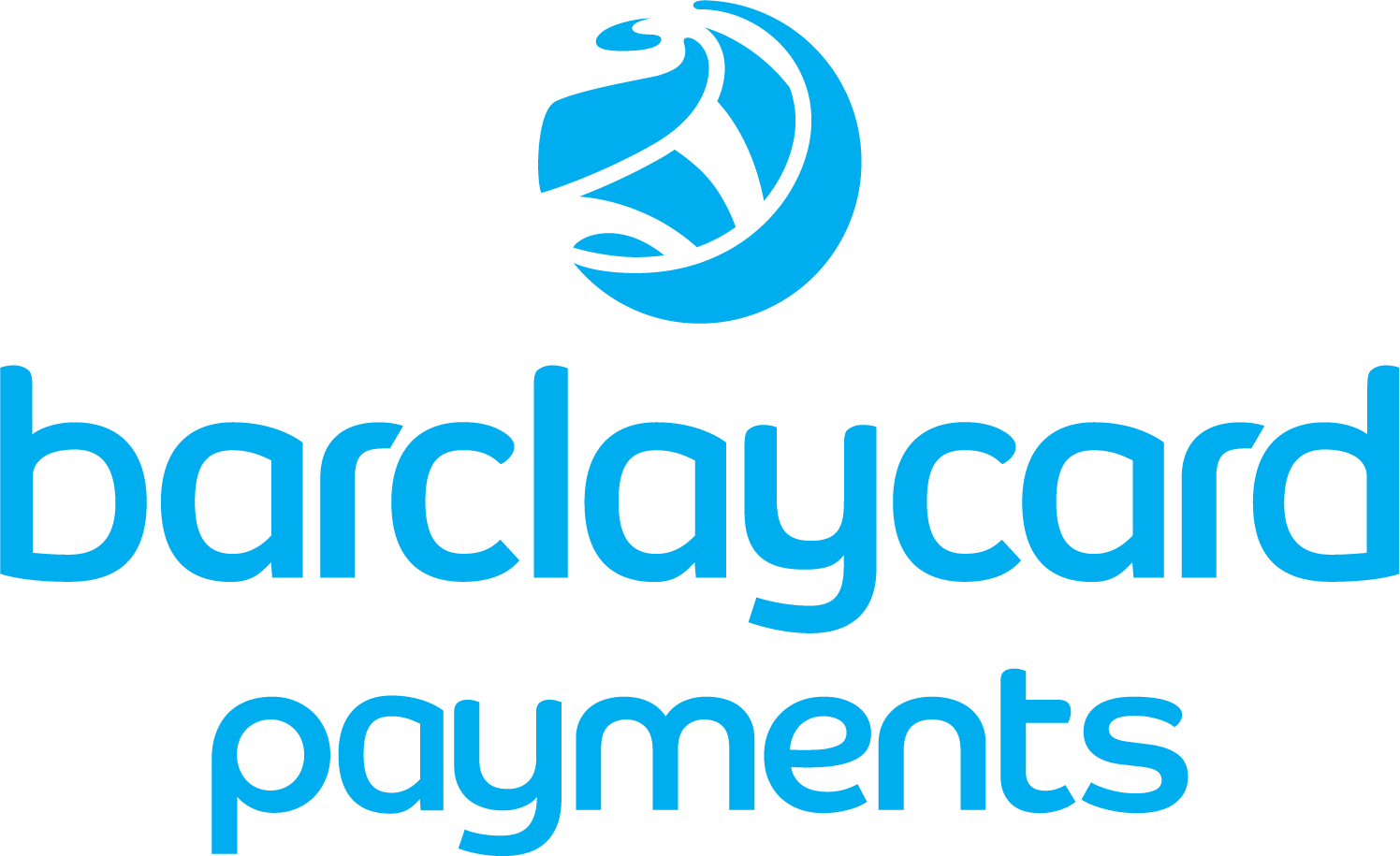Compare Card Payment providers the Easy way
- Direct access to the best rates from the UK leading providers
- One enquiry – all the information you need
- Avoid Lead Generation websites
- We don’t sell your data to anyone
- Rates from 0.26%
- Minimise your card payment processing fees





We're rated Excellent on
Understanding Your Payment Credit Card: Tips for Effective Management
Managing a payment credit card effectively is crucial to maintaining good financial health. Whether you’re using your card for everyday spending, online payments, or balance transfers, understanding how to handle your credit card balance, minimum payment, and direct debit payments can save you from unnecessary interest charges and default fees.
In this guide, we’ll explore key strategies for managing your credit card account, including setting up direct debit payments, making additional payments, and avoiding persistent debt.
1. Know Your Credit Card Statement
Your credit card statement provides all the details about your spending, interest rate, due date, and minimum monthly payment. Here’s what to look for:
-
Statement balance – The total amount you owe at the end of the billing cycle.
-
Minimum payment – The smallest amount you must pay to avoid late fees.
-
Payment date – The deadline for making your monthly repayment.
-
Interest charges – If you don’t pay the full balance, you’ll be charged interest.
Reviewing your monthly statement (either via paper statement, online banking, or mobile banking app) helps you track spending and avoid surprises.
2. Setting Up Direct Debit Payments
A direct debit ensures you never miss a payment. Here’s how to direct debit set up:
-
Log in to your online banking or banking app.
-
Navigate to payment details and select new direct debit.
-
Enter your credit card number, bank account (including sort code and account number), and choose a direct debit date.
-
Decide whether to pay the minimum amount, a fixed amount, or the full balance.
Benefits of direct debit payments:
-
Avoid late default fees.
-
Maintain a good credit score.
-
Reduce the risk of forgetting your payment date.
3. Making Additional Payments
Paying only the minimum monthly payment means you’ll accrue interest charges over time. To clear debt faster:
-
Make a payment above the minimum.
-
Use additional one off payments when you have extra funds.
-
Consider faster payment options via internet banking or mobile banking.
If you receive a bonus or extra income, putting it toward your credit card bill can reduce your interest rate burden.
4. Paying Online & Via Mobile Banking
Most UK bank account holders can pay your credit card using:
-
Online banking – Log in to your bank’s online form and enter your payment reference, credit card account, and payment amount.
-
Mobile banking app – Download your bank’s app from the Google Play Store or Apple App Store for quick paying online.
-
Telephone banking – Call your bank to make a payment using your debit card details.
These methods ensure full payments or monthly payments are processed securely.
5. Avoiding Persistent Debt & High Interest
If you only make the minimum payment, you risk falling into persistent debt, where interest compounds over time. To avoid this:
-
Pay more than the minimum amount each month.
-
Consider a balance transfer to a card with a lower same interest rate.
-
Avoid unnecessary cash withdrawals, which often have higher fees.
6. Managing Your Credit Limit & Available Credit
Your credit limit affects your spending power and credit score. To manage it well:
-
Keep your balance below 30% of your limit.
-
Request an increase only if necessary.
-
Monitor available credit via your mobile phone or banking app.
7. Understanding Fees & Charges
Credit cards may come with:
-
Annual fees – Some premium cards charge yearly.
-
Default fees – Applied for late or missed payments.
-
Cash advance fees – For cash withdrawals or send cash transactions.
Always check your credit card statement for unexpected charges.
8. Security & Fraud Prevention
Protect your account details by:
-
Never sharing your credit card number or debit card details online.
-
Using secure online payments methods.
-
Enabling alerts via mobile banking for suspicious activity.
Final Thoughts
Effectively managing your payment credit card involves:
✅ Setting up direct debit payments to avoid missed deadlines.
✅ Paying more than the minimum monthly payment to reduce interest.
✅ Using online banking or a mobile banking app for convenience.
✅ Monitoring your statement balance and due date regularly.
By following these tips, you can stay on top of your credit card balance, avoid unnecessary fees, and maintain strong financial health.
For more advice on credit cards and UK bank account management, explore our financial guides today!
